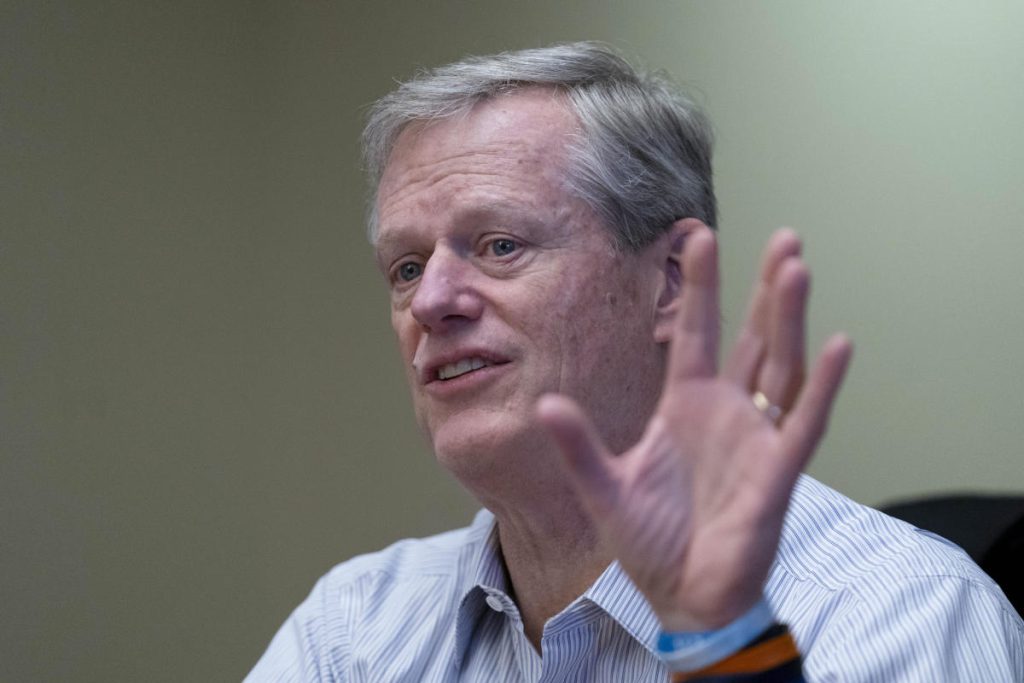NCAA President Charlie Baker has been advocating for states with legal wagering to ban betting on individual performances for college athletes. Despite this push, the prevalence of such betting and the challenges of managing it have become increasingly apparent. Baker expressed concern over the focus on individual performance in events like the women’s Final Four, particularly in the case of standout player Caitlin Clark. He highlighted the success in getting some states to remove prop betting on college athletes and acknowledged that there is still much work to be done in addressing the issue.
Throughout the NCAA Tournament, stories of athletes facing harassment from bettors surfaced, with instances like North Carolina’s Armando Bacot receiving negative messages on social media. The NCAA has hired a company to monitor social media for inappropriate content directed at coaches, players, and officials. They have taken action by notifying platforms to shut down individuals and alerting authorities in certain cases. Baker emphasized the importance of protecting and supporting student-athletes who are often targeted by online harassment.
Despite concerns about the mixed message of hosting the 2028 Final Four in gambling capital Las Vegas, Baker focused on the need to address the challenges posed by technology and the ease with which individuals can bet on sports, even in states where it is not legal. He stressed the importance of implementing policies and laws to protect student-athletes from the negative impacts of sports betting. Baker acknowledged that the issue of betting on college athletes is complex and ongoing, with much work still to be done in addressing it effectively.
Baker’s statement during March Madness highlighted the threats to the integrity of competition and the harassment faced by athletes due to betting on individual performances. He expressed concern about the focus on prop betting during major sporting events like the Final Four, detracting from the focus on the athletes and the competition itself. The NCAA is working to address these issues through monitoring social media and taking action against individuals who engage in harassing behavior towards student-athletes.
The NCAA President acknowledged that the issue of betting on college athletes is still in its early stages of being addressed. Despite progress in getting some states to ban prop betting on college athletes, there is much work to be done to effectively manage the challenges posed by sports betting. Stories of athletes facing harassment and negative messages on social media highlight the need for proactive measures to protect student-athletes from the negative impacts of betting-related issues.
Overall, the issue of betting on college athletes presents a complex and ongoing challenge for the NCAA. Despite efforts to address the threats to competition integrity and the harassment faced by student-athletes, there is still much work to be done in effectively managing the impact of sports betting. Baker emphasized the importance of protecting and supporting student-athletes in the face of increasing challenges posed by the prevalence of sports betting and the potential negative consequences it can have on college athletics.


